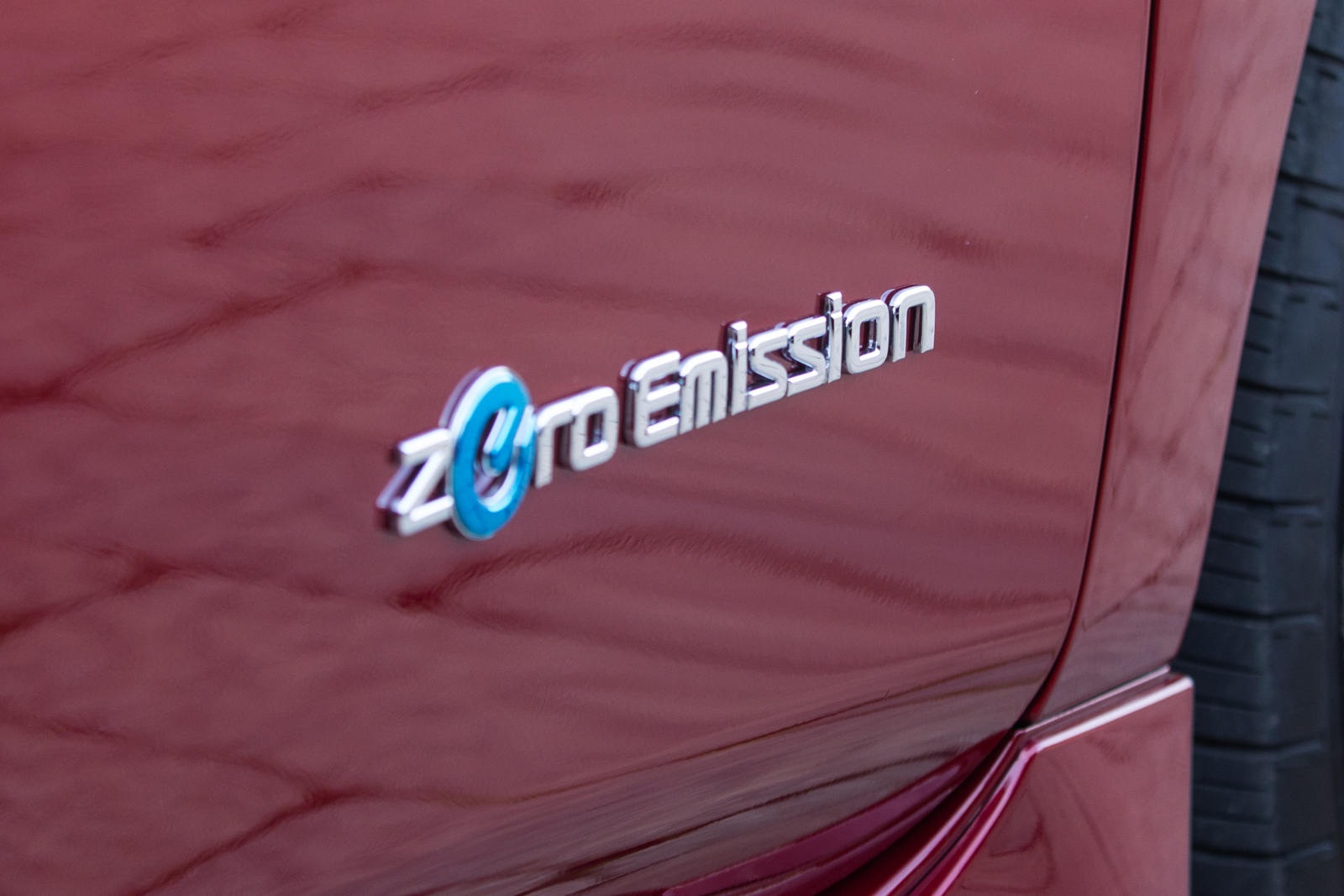Electric vehicles (EVs) are becoming increasingly popular due to advancements in technology and infrastructure that make them more practical and efficient. As we move towards a more sustainable future, the global EV market will reach $802.81 billion by 2027. To make an informed decision when purchasing an EV, it’s important to understand the entire buying process, and see if there are any models with features that could take your driving experience to the next level. Here’s what you need to know about the latest developments in EV technology and infrastructure, including range advancements and innovative solutions that make electric mobility more accessible and sustainable for all.
Improved Charging Infrastructure
One of the biggest challenges facing EV owners is the availability of charging stations. Fortunately, governments and private companies worldwide are investing heavily in charging infrastructure. President Biden’s infrastructure plan in the US includes $174 billion in funding for EVs, which will go towards installing 500,000 new charging stations. In addition, the US government offers a tax credit of up to $1,000 for installing EV charging stations in homes.
Meanwhile in the UK, the government has pledged to ban the sale of new petrol and diesel cars by 2030 and has allocated £1.8 billion to expand charging infrastructure. With the addition of innovative solutions like the ability to charge electric bike with electric car battery, improved charging infrastructure can reduce the need for additional charging stations and promote a more sustainable future. This approach can help solve the limited charging options for electric bike owners, especially in areas where charging stations are scarce. By leveraging existing infrastructure to power their bikes, EV owners can reduce their carbon footprint and promote using renewable energy sources.
Wireless Charging
One of the most exciting developments in EV tech is wireless charging. This technology allows vehicles to charge without the need for cables or plugs. Instead, charging pads are installed in parking spots, and the car is charged through magnetic resonance. This technology is already being used in electric buses and taxis and is expected to become more widespread in the coming years. In fact, the South Korean government plans to install wireless charging stations on a 4.8-kilometre stretch between Seoul and Incheon soon.
Increased Range
Another critical area of focus for EV manufacturers is increasing the range of their vehicles. Most modern EVs can travel around 200-300 miles on a single charge, but some newer models are pushing this limit even further. For instance, the Tesla Model S Plaid can travel up to 390 miles on a single charge, making it one of the longest-range EVs on the market. The Porsche Taycan ranges up to 280 miles, and the Ford Mustang Mach-E can travel up to 300 miles on a single charge. As battery technology improves, we can expect to see even longer ranges.
Battery Technology
Advancements in battery technology are also helping to increase the range of EVs. Solid-state batteries, which use a solid electrolyte instead of a liquid one, are seen as a promising alternative to current lithium-ion batteries. Solid-state batteries are more energy-dense, which means they can store more energy in a smaller space and are safer and longer-lasting. Toyota plans to introduce solid-state batteries in its EVs in the coming years, and the car manufacturer claims that these batteries will enable a range of over 310 miles on a single charge.
In addition to solid-state batteries, other types of batteries are also being developed that promise even greater energy density. Researchers at the University of Cambridge are working on developing lithium-sulfur batteries that are both lightweight and low-cost. Lithium-sulfur batteries have the potential to store up to five times more energy than lithium-ion batteries, which could allow for even longer ranges.
Vehicle-to-Grid (V2G) Technology
One of the biggest challenges facing the EV industry is the issue of range anxiety – the fear that an EV’s battery will run out of charge before reaching one’s destination. However, with the development of fast charging technology and the proliferation of charging stations, this concern is becoming less of a barrier to adoption. In addition, advancements in battery technology are increasing the range of EVs, making them a more practical choice for everyday use.
But it’s not just about the vehicles themselves – the infrastructure supporting EVs is also evolving. Intelligent charging systems and V2G technology are making it possible for EVs to be integrated into the electricity grid in a way that benefits both consumers and the grid. This, in turn, is leading to greater investment in EV infrastructure and a more supportive policy environment as governments and businesses recognize the potential of electric mobility to reduce emissions and improve air quality. As we continue to see new technologies and infrastructure developments in the EV market, it’s clear that the future of transportation is electric.
The latest developments in EV tech are making electric vehicles more practical and accessible than ever before. With improved charging infrastructure, wireless charging, increased range, and battery technology, EVs are becoming a viable alternative to traditional gas-powered vehicles. As these technologies continue to develop and evolve, the future of transportation looks greener and more sustainable.


